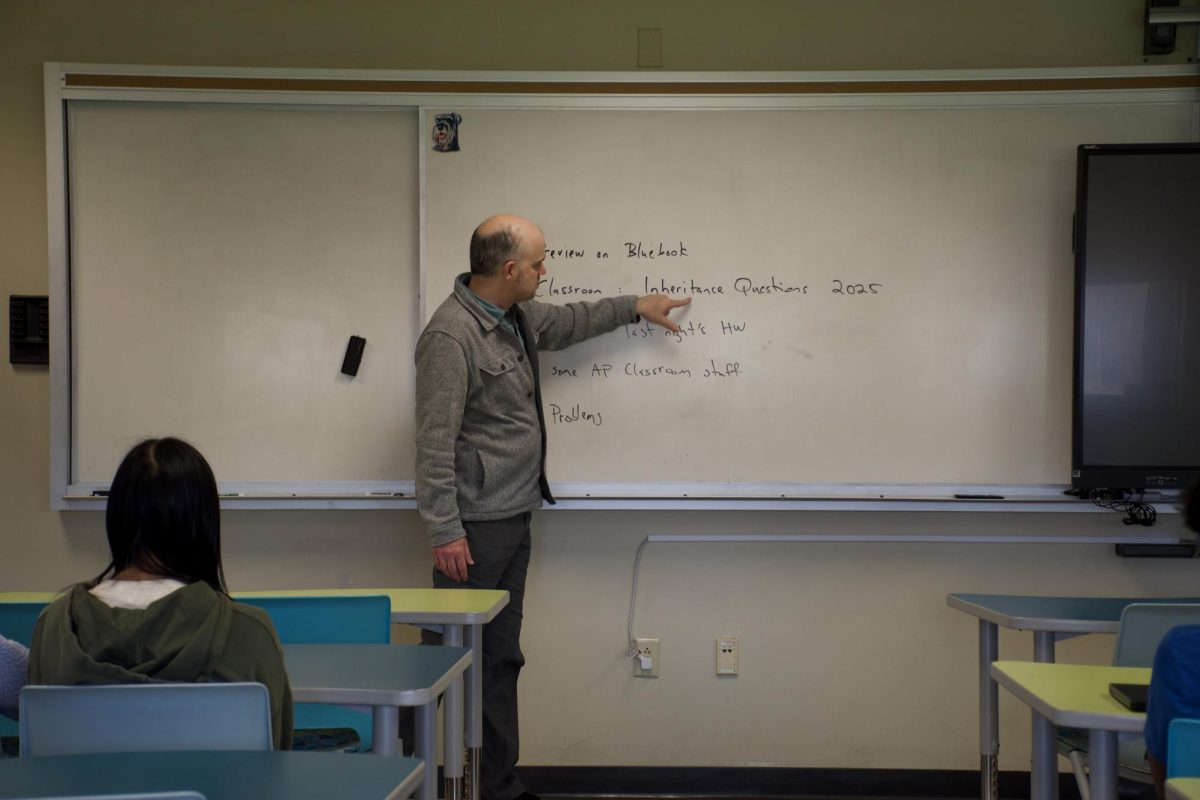In summer 2024, College Board announced revisions to the Advanced Placement Computer Science A course starting the 2025-26 school year after conducting college faculty surveys and syllabus studies. It will also add AP Business Principles/Personal Finance, Cyber: Networking and Cyber: Security starting in the 2026-27 school year.
The revised AP Computer Science A course, based on the programming language Java, will add content on text files and datasets while removing the unit on inheritance. The remaining nine units will be consolidated into four. The College Board made the revisions to reflect developments in the computer science field and align with current introductory college programming course expectations. William Dewees is the only Conestoga Computer Science A teacher and feels that the changes align with the course’s goals.
“Over the years, I’ve found that the topics (the College Board) suggest that we explore are designed well,” Dewees said. “I enjoy the content of this course, so I think that they will have success matching it to what the college courses are asking for.”
Sophomore and Computer Science A student Purva Girase prefers that the inheritance unit be kept in the curriculum.
“Removing inheritance for me was just kind of unnecessary,” Girase said. “It’s an essential topic that every Java learner should know, and I feel like College Board should prioritize the content, rather than just making it reflect the college resources, because I feel like learning Java is more important than getting the experience of being in a computer science college class.”
The College Board will also change the exam, increasing the multiple-choice section from 40 to 42 questions and offering four answer choices instead of five. The multiple-choice section will account for 55% of the overall score, an increase from 50%. The free-response section will feature four shorter questions worth up to 25 points total, a decrease from 36 points. Question three of the free-response section will only focus on ArrayLists and not arrays, and the section will account for 45% of the overall score, a decrease from 50%.
While the course revisions reflect major content changes, Dewees said he will not significantly alter his current teaching approach. The course’s curriculum is already structured flexibly, and the new topics will be integrated into his existing plan.
“The revised structure won’t affect how I structure the course because currently, my units don’t line up with (the College Board’s) units anyway,” Dewees said. “The fact that they’re compressing it won’t have an effect on how I structure it.”
Rajan Saha can be reached at [email protected].




























































































